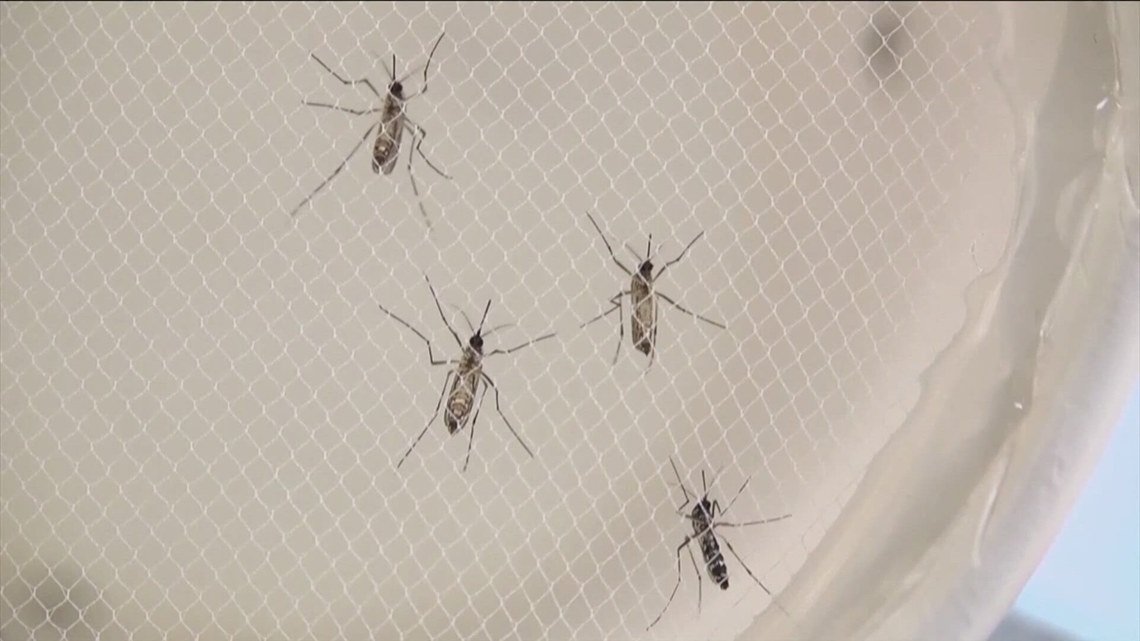Health experts offer tips for mosquito and tick-borne illness prevention
https://media.wtol.com/assets/WTOL/images/45c4fa9b-bd70-4489-a76b-9a4dc44d571a/20240709T165208/45c4fa9b-bd70-4489-a76b-9a4dc44d571a_1140x641.jpg
Health experts offer tips for mosquito and tick-borne illness prevention
“It only takes one bite to get sick. Prevention is everything;” infectious disease epidemiologist shares importance of prevention
TOLEDO, Ohio — As warm weather returns and schools let out, the outdoors becomes a favorite destination. But with summer fun comes a seasonal nuisance — mosquitoes and ticks. The Toledo-Lucas County Health Department is reminding residents to take steps now to prevent bites and the diseases they may carry.
Prevention starts at home
Infectious disease epidemiologist Teresa DeTano emphasizes that prevention is key.
“There are things we need to do in order to protect ourselves from bug bites — particularly from mosquitoes and ticks — and to know what those prevention techniques are so we can avoid getting sick,” she said.
To help reduce your risk:
-
Wear protective clothing: Long sleeves, pants, socks, and shoes, especially during peak mosquito activity in the evening.
-
Use EPA-approved insect repellent: Look for repellents containing DEET or other approved ingredients. Always check for the EPA label.
-
Eliminate standing water: Mosquitoes breed in still water. Empty bird baths, flowerpots, wading pools, and pet bowls regularly.
-
Repair window and door screens: Prevent insects from entering your home.
-
Use mosquito nets when camping: Nets are a simple way to keep bugs away while you sleep.
Know the risks
While cases of mosquito and tick-borne illnesses are relatively low in Lucas County, they do still occur. In 2024, the county confirmed just five cases of Lyme disease and one case each of West Nile virus and malaria.
“These numbers are low,” DeTano said, “but it only takes one bite to get sick. Prevention is everything.”
Diseases to be aware of include:
-
Lyme disease (primarily transmitted by ticks)
-
West Nile virus
-
Malaria (rare and often travel-related)
-
Other tick- or mosquito-borne illnesses
Those most at risk include:
-
Outdoor workers (e.g., construction and road crews)
-
Campers, hikers, and swimmers
-
People vacationing or traveling, especially internationally
If you’re traveling out of state or abroad, check the CDC Travel Health Notices for any disease alerts. In some regions, especially where malaria is endemic, travelers may need preventive medications.
“Being informed before you travel can make all the difference,” DeTano said. “It’s not just about bug spray — it’s about being fully prepared.”
Whether you’re camping in Ohio or traveling overseas, “Fight the Bite” is a reminder to be vigilant. As DeTano puts it: “We’re not seeing huge numbers of disease, but that doesn’t mean the risk is zero. Awareness and prevention are our best defenses.”


